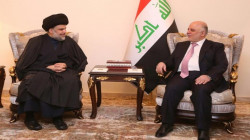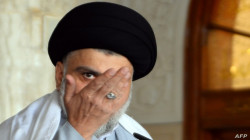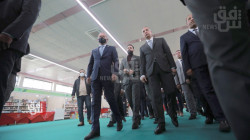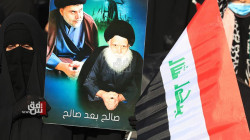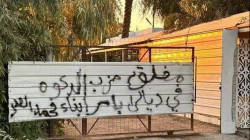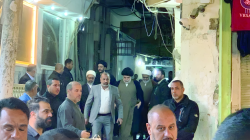After the Sadrists' resignation, what are the political scenarios? source
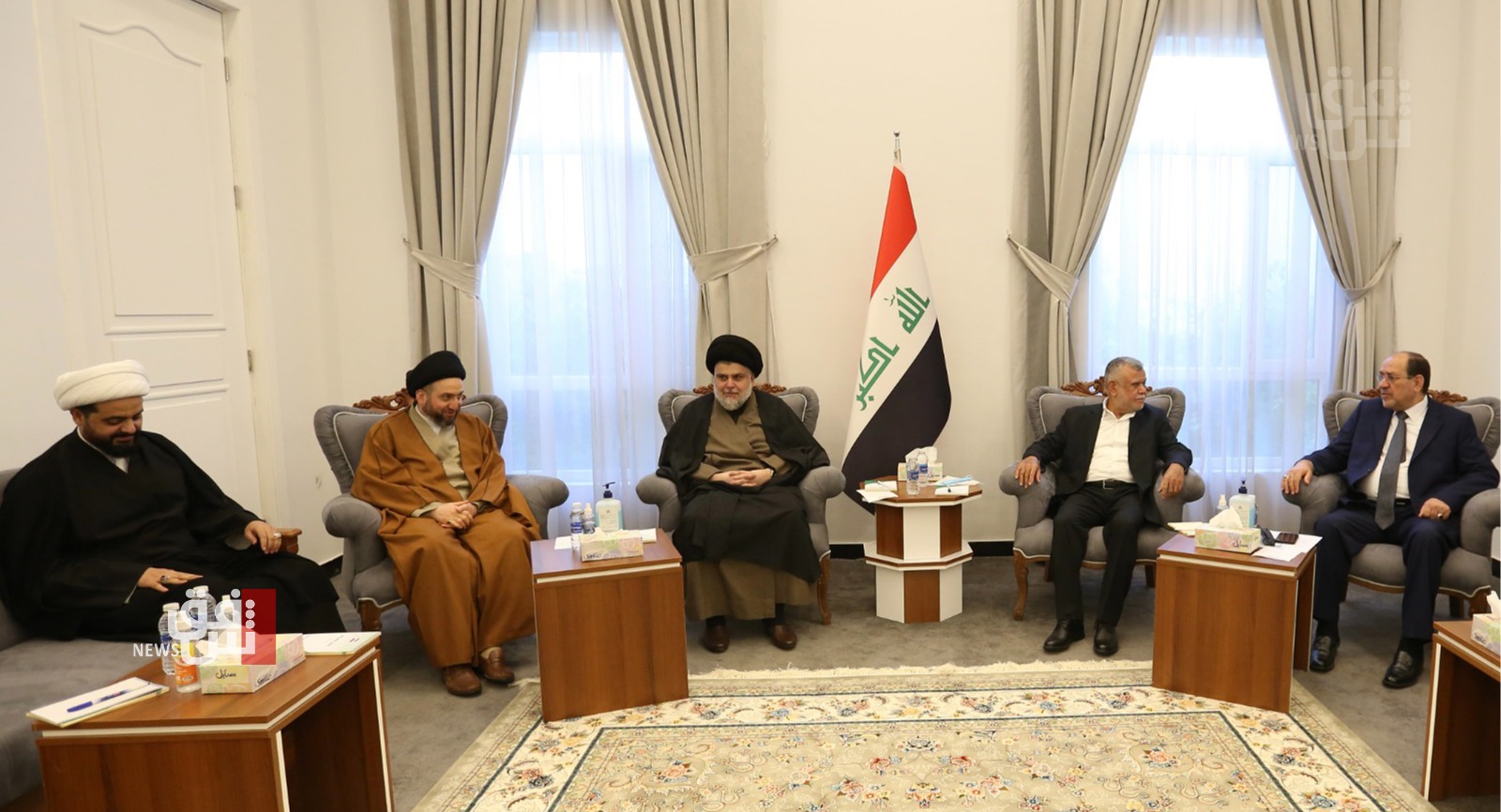
Shafaq News/ Several scenarios face Iraq after the resignation of the largest bloc in the Iraqi Parliament, the Sadrists, and the country would be mired in political instability.
The Pro-Iranian Coordination Framework reveals its next steps to Shafaq News Agency.
A leader in the Framework said that its group does not preclude the return of the Sadrist bloc to the political arena following the initiative of the head of the Kurdistan Democratic Party leader Masoud Barzani, which is hoped to be presented soon.
Barzani's initiative includs that caretaker prime minister, Mustafa Al-Kadhimi, would be chosen for another term, but ministers would be changed.
"We are waiting for the Electoral Commission to ratify the resignation of the Sadrist bloc's deputies and to name the new lawmakers, then the Framework would start a new round of talks with all forces according to their political representation, which is a scenario that may not be acceptable to all." The source told our Agency.
According to Iraqi laws, if any seat in Parliament becomes vacant, the candidate who obtains the second-highest number of votes in their electoral district would replace them.
The pro-Iranian group, the Coordination Framework, and the independent deputies would benefit by increasing their seat numbers.
The source pointed out that "the most likely scenario is that the Framework strives to persuade the leader of the Sadrist movement to reverse his decision. If this happened, the Framework would have 50 Shiite deputies and form, with the Sadrists deputies, the largest bloc in the Parliament."
On the other hand, the new agreements -if they happened- would lead to choosing the next prime minister and distributing the ministerial posts according to the political representation. Our source said.
The source explained, "it means that eight of the 12 ministries designated for the Shiite component would be for Al-Sadr, including one sovereign ministry, and four ministries for the Coordination Framework, including three sovereign ministries."
Yesterday, the influential Shi'ite cleric Muqtada al-Sadr asked lawmakers from the Sadrist bloc in Iraq's Parliament to resign amid a prolonged stalemate over forming a government.
Muqtada Al-Sadr considered his decision a "sacrifice from me for the country and the people to rid them of the unknown destiny, as we did earlier to liberate Iraq and its sovereignty, security, unity, and stability."
Soon after, the parliamentary speaker Mohamad Al-Halboosi accepted the resignations. But he tweeted that he "reluctantly" accepted the resignations based on al-Sadr's wishes and after sincere efforts to discourage him from this step. "For the sake of the country and the people, he decided to proceed with this decision," he posted.
Today, the Iraqi ambassador to the UK, Jaafar al-Sadr, withdrew his candidacy to be the next Iraqi prime minister.
"I accepted the candidacy (for Prime Minister) of His Eminence Sayyid al-Sadr in support of his national reform project, and now is the time to step back and withdraw, thanks to His Eminence (Muqtada Al-Sar) and the National Save the Homeland Alliance for their trust." Jaafar Al-Sadr, the son of the prominent Shiite cleric Muhammad Baqir al-Sadr, said on Twitter.
The Head of the Kurdistan Democratic Party (KDP) commented on Al-Sadr's shocking decision to withdraw his lawmakers from the Iraqi Parliament.
"We respect the decision of His Eminence Sayyid Muqtada al-Sadr, and we will follow up on subsequent developments," Leader Masoud Barzani said on Twitter.
It is worth noting that Al-Sadr's party was the biggest winner in October 2021 general election, increasing the number of seats it holds in Parliament to 73. But political disagreement among parties has hindered the Parliament from electing a president and forming a government.
Since the Iraqi Parliament held its first session on the ninth of last January, Iraq's situation has become more complicated.
The main Shiite poles still have many disagreements, with the Framework insisting on having the "Shiite" largest bloc because the prime minister is entitled to the Shiites. At the same time, the leader of the Sadrist movement Muqtada al-Sadr refuses to engage in an alliance with the Framework forces.
The scene became more critical after al-Sadr announced his withdrawal from negotiations to form the next government and choose the next prime minister giving this task to the Framework to solve in 40 days that also failed in this mission.
Now, many challenges face the initiatives to overcome the long political deadlock; the first challenge is a three-times fail in choosing the new Iraqi President due to the differences between the two Kurdish poles; the Kurdistan Democratic Party says the position of the President of the Republic is a "Kurdish entitlement, and not for a specific party." and, the Patriotic Union of Kurdistan asserts that this position is its right.
The second challenge is forming a new government and Prime Minister, and the third is the political situation and new alliances with Al-Sadr's withdrawal.
Another challenge may disturb and complicate the scene, the stalemate and tension that could boil over and lead to street protests by supporters of al-Sadr, turning into violence.
